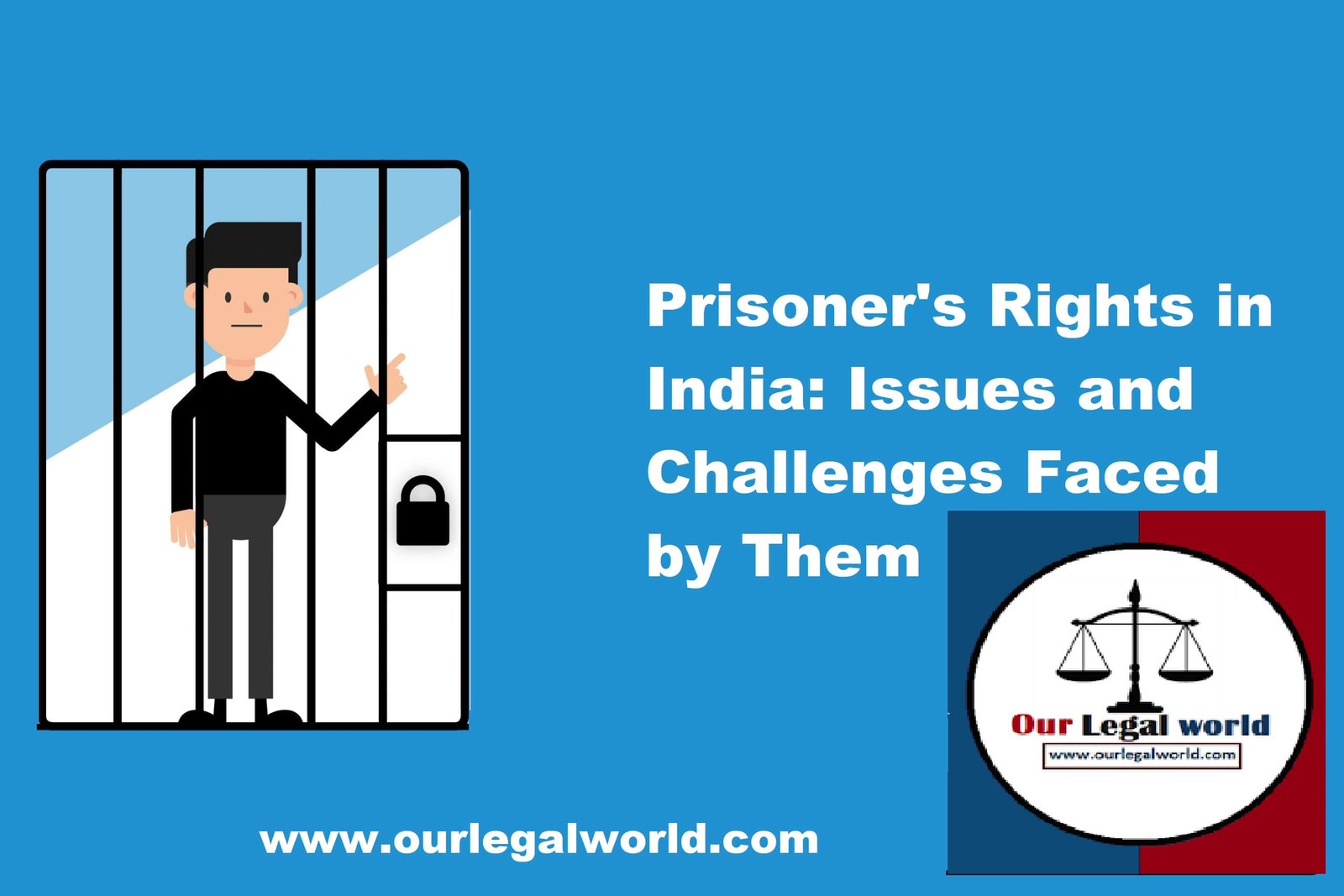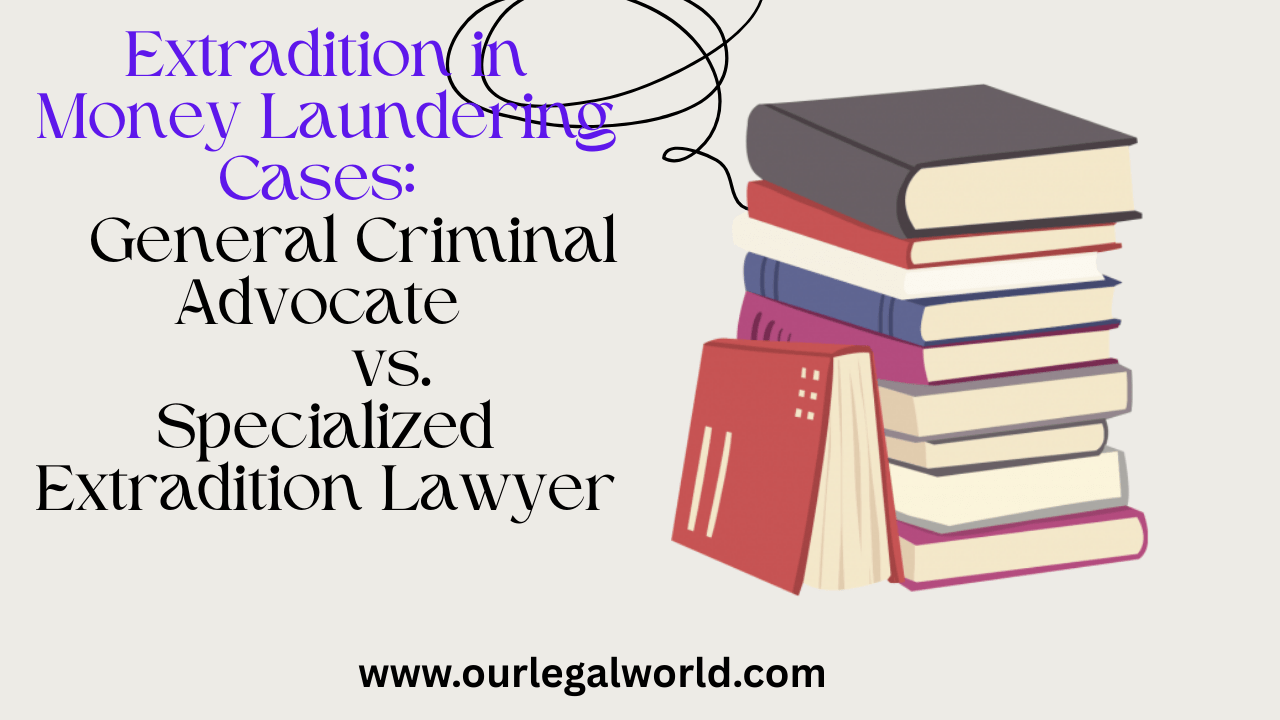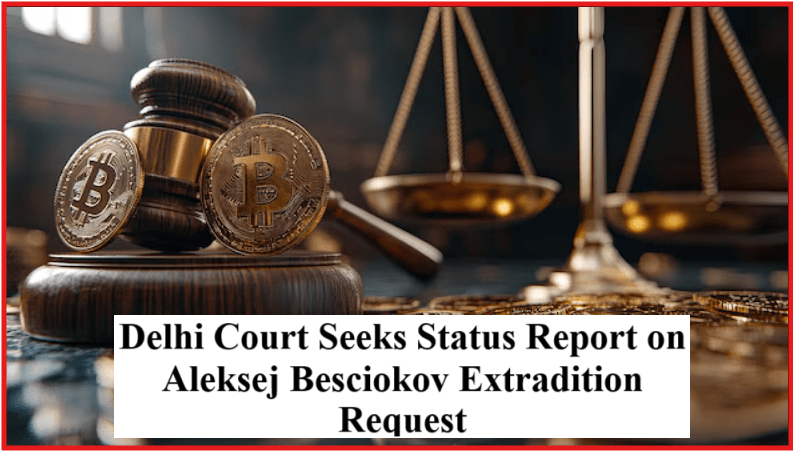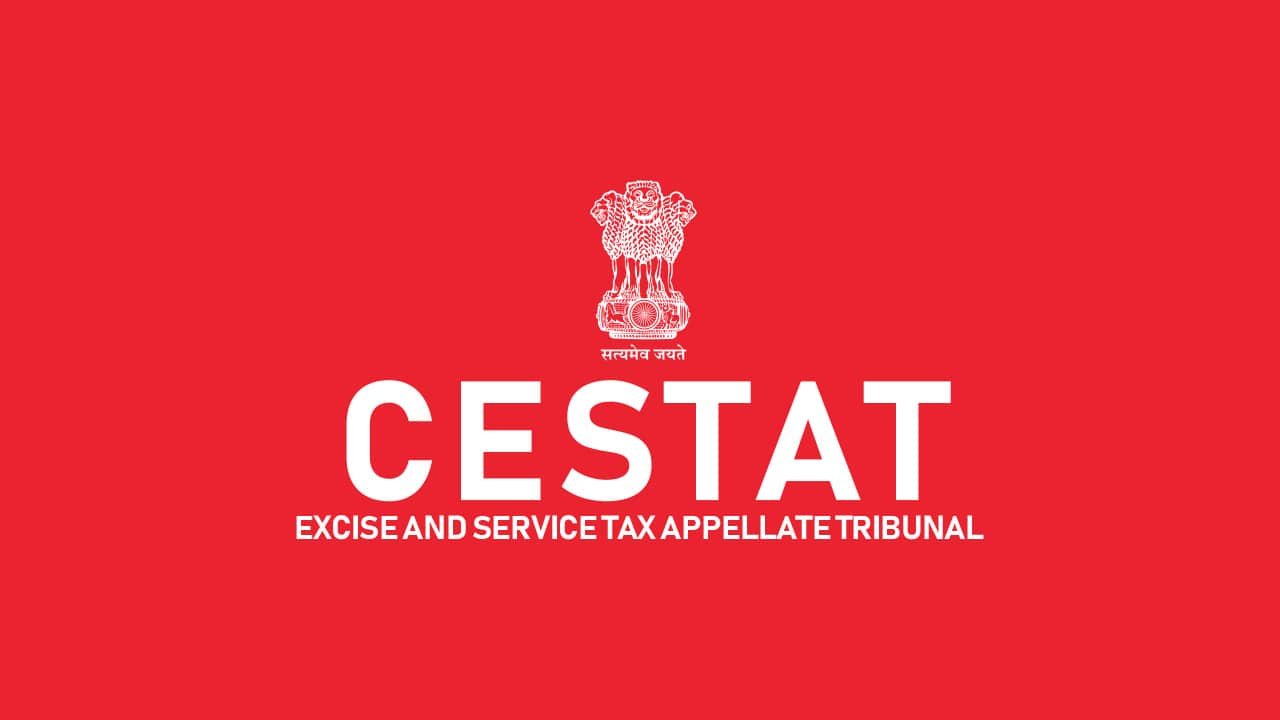A Critical Analysis of Article 19 with latest judicial interpretation or Judgments
Our Legal World Intern
Written by: PREETKIRAN KAUR
INTRODUCTION
Rightly described as the “Magna Carta” of India, The Fundamental Rights are enshrined in Part III of the Indian Constitution from Articles 12 to 35. The rights conferred under Article 19 of the Constitution are the rights of a free man. These are natural law or common law rights and not created by a statute. As such every citizen is entitled to exercise such rights provided conditions to be imposed whenever so required by the State. 1
Every citizen of India has the personal liberty and freedom to exercise his/her fundamental rights, as enshrined in the Constitution. Article 19 is one of the key Articles that guarantee freedom of speech and expression.
According to Article 19, every citizen has the right to freedom of speech and expression, assemble peacefully (without arms), form associations or unions, move freely throughout the country, reside and settle in any part of India and practise any profession, or carry on any occupation title 19 explicitly states that the right to freedom of opinion and expression also includes the freedom to hold opinions without interference and “to seek, receive and impart
DIRECTIVE PRINCIPLE OF STATE POLICY (DPSP) with case law
information and ideas through any media and regardless of frontiers.” Article 19 (5) of the Constitution “purportedly empowers” the states to enact legislation of their own for protecting indigenous people.
To protect the sovereignty, integrity and security of India, the states can enact any law that imposes “reasonable restrictions” on the exercise of the rights as mentioned in Article . It is to be noted that the privileges under this article remain suspended during the proclamation of emergency.
ARTICLE 19- RIGHT TO FREEDOM
The Constitution of India contains the right to freedom in article 19 with a view of guaranteeing individual rights that were considered vital by the framers of the constitution. These rights have been provided to all citizens. However t, the state can check or control the above rights in the interest of sovereignty and integrity of India, public order, decency, defamation or friendly relation with foreign state or any other ground which it deems fit. This is the most disputed and comprehensive fundamental right which comprises of even the right of freedom of press and right to information.
Article 19(1) guarantees to all citizens the six rights. These are:–
a) Right to freedom of speech and expression
Freedom of speech, considered the basic freedom by most philosophical thinkers, consists of several facets, including the right to express one’s conviction and opinions freely by words of mouth, writing, printing, pictures, photographs, cartoons or any
other mode. It means freedom of speech and expression is to express one’s convictions and opinions or ideas freely, through any communicable medium or visible representation, such as gesture, signs and the like. 2 It is one of the most basic and indivisible elements for a healthy and open-minded democracy. It allows people to freely participate in the social and political happenings of their country by opening up channels of free discussions of issues of concern. This right is available only to every citizen of India and not available to any person who is not a citizen of India i.e. foreign nationals. 3 Freedom of speech is the bulwark of a democratic Government because without its appeal to reason, which is the basis of democracy, cannot be made.
In Navtej Singh Johar v. UOI 4, it was held,
“Article 19(1)(a) of the Constitution guarantees the freedom of speech and expression, which includes the freedom to express one’s sexual identity and personhood 3. Section 377, under the guise of targeting conduct, actually targets the identity of LGBT persons. Once it is accepted that homosexual orientation is innate, and not learned or deviant behaviour it follows that LGBT persons cannot freely express themselves about their own sexual orientation and, therefore, their identity because they potentially become the target for criminal prosecution under Section 377. Article 19(1)(a), therefore, protects the fundamental freedom of LGBT persons to express their sexual identity, and orientation, through speech, manner of dressing, choice of romantic/sexual partner, expression of romantic/sexual desire, acknowledgement of relationships, or any other means.”
In Romesh Thapar v. The state of Madras 5 and Brij Bhushan v. the State of Delhi 6 , the Supreme Court took it for granted the fact that the freedom of the press was an essential part of the right to freedom of speech and expression. Patanjali Sastri J. in Romesh Thapar observed that freedom of speech and expression included propagation of ideas, and that freedom was ensured by the freedom of circulation.
Freedom of speech and expression includes the following:
(i) Right to propagate one’s views as well as views of others.
(ii) Freedom of press.
In the famous case Express Newspapers (Bombay) (P) Ltd. v. Union of India 7 court observed the importance of the press and held that “In today’s free world freedom of the press is the heart of social and politic intercourse. Press has rightly been described as the fourth pillar of democracy.
(iii) Freedom of commercial advertisements.
(iv) Right against tapping o telephonic conversation.
(v) Right to telecast, that is, the government has no monopoly on electronic media.
(vi) Right against bandh called by a political party or organisation.
(vii) Right to know about government activities.
Right to know is another facet of freedom of speech. The right to know, to receive and to impart information has been recognized within the ambit of right to freedom of speech and expression.
(viii) Freedom of silence. In the case of Bijoe Emmanuel v. the State of Kerala 8 , the appellants were three children belong to a sect called Jehovah’s Witnesses who worship only Jehovah-the Creator and none other.
They refused to sing the National Anthem because they believed the singing of national anthem was against the tenets of their religious faith They desisted from actual singing only because of their aforesaid honest belief and conviction but they used to stand up in respectful silence daily, during the morning assembly when the National Anthem was sung. However, under the instructions of Deputy Inspector of Schools, the Headmistress expelled the appellants from school. Supreme Court found their expulsion in violation both Articles 19 and 25 of the Constitution, holding that a reasonable limitation on the right to freedom of expression must be based on a “‘a law’ having statutory force and not a mere executive or departmental instruction.”
Nature and Scope of Article 136 of the Constitution
(ix) Right against the imposition of pre-censorship on a newspaper.
(x) Right to demonstration or picketing but not right to strike.
The state can impose restrictions on the freedom to speech and expression mentioned in 19(2) on the following grounds:- 9
- Sovereignty and integrity of India
- Security of the state
- Public order
- Morality or decency
- Contempt of court
- Defamation
- Incitement to offence
- Friendly relations with foreign nations.
Essential Elements of Restrictions
- Only by the authority of Law
- Reasonable
- Purpose
- Judicial Review
b) Freedom of Assembly
Every citizen has the right to assemble peacefully without arms on public land. This right guarantees the right to hold public meetings, demonstrations and take out processions but not right to strike and any sort of violent, disorderly, riotous assemblies involving the use of arms and breach of public peace. Section 144 of the Criminal Procedure Code (1973) empowers a magistrate to restrain an assembly or procession if it poses a threat to human life, safety or public peace. Under Section 141 of the Indian Penal Code, an assembly of five or more people can be declared unlawful if they :
- Resist the enforcement of any law
- Forcibly occupy the property of any person
- Commit criminal trespass,
- Force an illegal act on a person
- Acting as a hindrance in the lawful working of government officials.
However, it can be restricted on the following grounds as mentioned in 19(3):-
- Sovereignty and integrity of India.
- Public order
In the recent case of Mazdoor Kisan Shakti Sangathan v Union Of India 10 , a writ petition was filed by the NGO Mazdoor Kisan Shakti Sangathan. They challenged the arbitrary imposition of police orders under section 144 of CrPC by which the entire Central Delhi area was declared a prohibited area for holding any public meeting, dharna or peaceful protest. It was held that such a restriction was violative of Article 19(1)(a) which confers freedom of speech and expression, Article 19(1)(b) which confers right to assemble and Article 19(1)(d) which ensures right to carry out a peaceful march.
In Babulal Parate v. State of Maharashtra 11 citizens’right to take out procession or to hold da demonstration or public meetings as part of the freedom to assemble peacefully and without arms and right to move freely anywhere in the territory of India. It was also held that section 144 of CrPC was constitutional and the magistrate had the power to prevent such activities which would obstruct the public interest and peace.
c) Freedom of Association
All the citizens have the right to form associations or unions or co-operative societies which includes the right to form political parties, companies, partnership firms, etc. It also covers the negative aspect i.e. not to form or join an association or union.
Aristotle has rightly said, “Man is a social animal”. They also facilitate the exchange of different ideas and convictions and also encourage the free flow of opinions in a systematic and well-organized manner. They inculcate the feeling of confidence among the people engaged in it and give a chance to them to express their own viewpoint They serve as a latent source of information and knowledge to everyone around. Participation in these groups and clubs help an individual to survive and grow socially. But at the same time, it is pivotal to note that these organizations or political parties should not engross themselves in any kind of illegal or unlawful activities leading to resentment among people. They should aim towards harmonizing all the sections of society to work for a better tomorrow.
However, reasonable restrictions can be imposed on the following grounds mentioned in 19(4):-
i) Sovereignty and integrity of India.
ii) Public order
iii) Morality
In O.K.A. Nair v. Union Of India 12 , an important question arose whether “ civilian’’ employees, designated as ‘ non – combatants’ such as cooks, chowkidars, lasers, barbers, mechanics, boot- makers, tailors etc . attached to the Defence Establishments
have a right to form associations or unions. The Supreme Court rejected the contentions of the appellants and held that the civilian employees of the Defence Establishments answer the description of the members of the Armed Forces within the meaning of Article 33 and, therefore were not entitled to form trade unions.
d) Freedom of movement
This right guarantees every citizen the right to move freely throughout the country i.e. from one state to another or from one place to another within a state. India is one entity as far as its citizens are concerned hence aims to promote a feeling of unity and oneness. Freedom of movement has two connotations i.e.Internal (right to move inside the country) and external (right to move out of the country and right to come back to the country). However, only the first aspect is protected by Article 19.
Reasonable restrictions can be imposed as mentioned in 19(5):-
i) Interests of the general public.
ii) Interests of any scheduled tribe.
Restrictions can be imposed only by or under the authority of law.
- Restrictions cannot be imposed by the executive action without legal authority.
- Restrictions must be reasonable. Restrictions must be related to the purpose specifically mentioned in these clauses.
- Restrictions can be imposed only by or under the authority of law. Restrictions cannot be imposed by the executive action without legal authority.
- Restrictions must be related to the purpose specifically mentioned in these clauses.
Restrictions on the movements of persons afflicted with by AIDS have been held by Bombay High Court to be valid in the case of Lucy R. D'Souza v. State of Goa 13 .
Restrictions to protect the interests of scheduled tribes have been stipulated for the aboriginal tribes with their distinct culture, language and customs. 14 It was held in Dhan Bahadur Ghori v. State of Assam 15 that unrestricted entry of outsiders' in areas inhabited by the tribal folks might jeopardize their very nexistence and interests.
e) Freedom of Residence
Every citizen has the right to reside and settle in any part of the country except Jammu and Kashmir. This right has two dimensions: (a) temporarily settling at any place (b) permanently settling at a place i.e. to set up a home or domicile. Reasonable restrictions can be imposed on two grounds as mentioned in 19(5):
i) Interests of the general public.
ii) Interests of any scheduled tribes.
The rights of outsiders to reside and settle in tribal areas are restricted to protect the distinctive culture, language, customs and manners of scheduled tribes and to safeguard their traditional vocation and properties against exploitation. In many parts of the country, tribals have been given the right to protect their properties.
In Ibrahim Wazir v. State of Bombay 16 , the appellant was an Indian citizen who came to India without a permit and was arrested and deported to Pakistan by the Government under the Influx from Pakistan (Control) Act, 1949. Court held that the order of removal was invalid as coming of a citizen to his home country without a permit was not an offence which would justify his expulsion from the country.
In State of Madhya Pradesh v. Bharat Singh 17 , Section 3 (1) (b) of the M.P. Public Security Act, 1959 empowered the State Government to issue an order requiring a person to reside or remain in such a place as may be specified in the order to ask him to leave the place to go to another place selected by the authorities in the interests of security of the State or public order.
g) Freedom of profession
sub-clause(g) of Article 19 (1) confers a right to all persons to do any particular type of business of their choice but this does not confer the right to do anything consider illegal in eyes of law or to hold a particular job or to occupy a articular post of the
choice of any particular person. 18 Further Art 19(1) (g) does not mean that conditions be created by the state or any statutory body to make any trade lucrative or to procure customers to the business/businessman. 19 Moreover, a citizen whose occupation of a place is unlawful cannot claim fundamental right to carry on business in such place since the fundamental rights cannot be availed in the justification of an unlawful act or in preventing a statutory authority from lawfully discharging its statutory functions. 20
All citizens can practise any profession or carry on any occupation, trade or business. However reasonable restriction can be imposed on grounds of interest of the general public as prescribed under article 19(6). Further, the State has the right to rescribe professional or technical qualifications to practise any profession or to carry out any trade. It can also carry on a trade or business as a monopoly.
In Luxmi Khandsari v. State of Uttar Pradesh 21 , a notification was issued under Sugar Cane control Order to stop crushers from producing khandsari so that the production of white sugar could be increased. It was ordered so to make the sugar available o consumers at a reasonable price and was held to be imposing estriction in the interest of the public on the right of persons using rushers and therefore valid.
In the liquor trading case of Nashirwar v. State of Madhya Pradesh 22 , the Supreme court interpreted that there was no inherent right to carry on trade in liquor because it was clearly in against of interest of the general public.
CONCLUSION
The power of words can never be underestimated since words and language are the only things that separates man from beast. It is the importance of words which helped in the exchange of ideas which led to the development of civilization. The importance was identified by the framers of the constitution hence duly protected by the Constitution. Moreover, they are justiciable. One can move to the court in case of infringement of one’s rights.
First amendment to Article 19 was made in the year 1951 by the Nehru government when it introduced clauses against “abuse of freedom of speech and expression”. The clauses 2, 3 and 4 of Article 19 were amended in 1963 to enable the states to make laws
as well as impose restrictions on the exercise of the rights to preserve the sovereignty and integrity of India.
There have been cases of violation of Article 19. Recently, there have been instances of individuals being arrested under section 66A of the Information Technology (IT) Act for posting ‘objectionable comments and caricatures’ of political figures on social media. This has led to a furore among the citizens of the country who have claimed that Section 66A curbs freedom of speech and expression and violates Articles 14, 19 and 21 of the Constitution.
Another form of violation of Article 19 that’s rampant in India is the hate speeches that we often get to hear from the political leaders. These hate speeches come with the malicious intention of “outraging the religious feelings” and hence they incite communal violence and endanger public tranquillity, which is against the principle of Article 19.
John Stuart Mill argued that without human freedom there can be no progress in science, law or politics, which according to him required free discussion of opinion. Mill’s On Liberty, published in 1859 became a classic defence of the right to freedom of expression in which he recognised freedom of thought, taste and union as three basic liberties. To sum up, I would like to quote John Milton –
Can a person waive any of the Fundamental Rights?
“Give me the liberty to know, to utter, and to argue freely according to conscience, above all liberties”. – John Milton.
Reference
1 A.K. Gopalan v. State of Madras, AIR 1950 SC 27
2 Lovell v. City of Griffin, (1937) 303 US 444.
3 Hans Muller of Nurenburg v. Supdt., Presidency Jail, Calcutta, AIR 1955 SC 367.
4 (2018) 1 SCC 791
5 1950 SCR 594
6 1950 SCR 605
7 1986 AIR 872
10 Writ Petition (Civil) No. 1153 of 2017
11 1961 SCR (3) 423
12 AIR 1976 SC 1179
13 AIR 1990 Bom 355
14 Retrieved from <https://www.telegraphindia.com/opinion/when-movement-is-not-free/cid/1451494> Last
visited on 26 May 2019 at 7:30 pm.
15 AIR 1953 Gau 61
16 AIR 1954 S.C. 299
17 AIR 1967 S.C. 1170
18 Fertilizer Corporation kamgar Union, Sindri v.UOI; AIR 1981 SC 344.
19 Chaitanya Prakesh v. Board of secondary Education rajasthan; 1960 Raj L.W. 209.
20 State of Gujarat v.Dharamdass; AIR 1982 SC 781
21 1981 SCR (3) 92
22 AIR 1975 SC 1368








